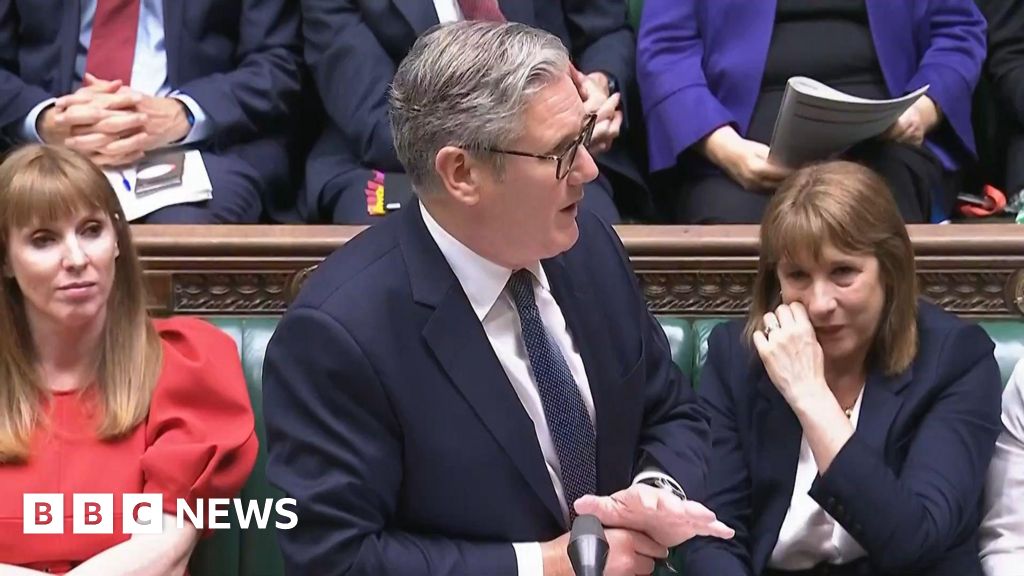Unlock the Editor’s Digest for free
Roula Khalaf, Editor of the FT, selects her favourite stories in this weekly newsletter.
Narendra Modi invoked “reform” more than two dozen times in his independence day speech at Delhi’s Red Fort earlier this month. But for all the pledges, the Modi Indians heard was not the reformer they once knew.
The Indian leader typically deploys the address to outline his grand visions for the world’s most populous country. Last year he vowed to make India a developed economy by 2047. This year’s speech, with ample references to Viksit Bharat (“Developed India”) was a record 98 minutes long.
But Modi’s Bharatiya Janata party lost its majority in June for the first time in a decade and is now having to consult allies, and sometimes retreat, on legislation. Recently it has made U-turns on bills that in the past it would have confidently pushed through parliament.
So while he declares a commitment to “major reforms”, analysts say, Modi will have to work harder than before to prevail against a reinvigorated opposition led by Rahul Gandhi. His premiership, in its third term, is a diminished one.
More ominously perhaps for the powerful and popular prime minister, some leaders of the Rashtriya Swayamsevak Sangh, the Hindu nationalist mass movement behind the BJP, made remarks that Indians interpreted as expressing impatience with Modi since the general election result was announced on June 4.
“He had very big plans and the loss of 60 seats in parliament has put a lot of that on hold,” says Pramit Pal Chaudhuri, Eurasia Group’s south Asia practice head. “He has to contend with partners, with the RSS, and just generally an opposition that is more energised.”
Modi’s leftwing critics are delighted to see a leader they describe as an authoritarian strongman weakened.
Business leaders and analysts, meanwhile, are puzzling over what the changed electoral arithmetic will mean for a pro-big business leader who had an ambitious third-term agenda for the world’s fifth-biggest economy.
In the run-up to the election, Modi instructed his ministries to come up with 100-day action plans to push through the BJP’s legislative and administrative programme in its first three months. These included proposals to create “super-ministries” for areas such as technology, with the aim of streamlining the government’s work.
Officials no longer speak about a 100-day agenda. And following the BJP’s shock loss of its majority, he was compelled to dole out some government posts to junior coalition partners, making the plan for mega-ministries unworkable.
The Modi government recently sent back for further revision a broadcasting bill that would have brought YouTubers and other content creators under tighter regulatory control, following a backlash from civil society groups and questions from business.
After an outcry from middle-class Indians, his government also scrapped plans for an overhaul of the long-term capital gains tax outlined in last month’s budget. A scheme to allow “lateral” entry to the civil service for non-bureaucrats was sunk by the Gandhi-led opposition, who questioned why it did not include “reservations” for lower-caste Indians. The plan was even criticised by some Modi allies.
Both measures arguably would have been good for India’s finances and the quality of its governance, with lateral entry allowing more private sector technocrats to become involved in public administration.
The business community has been hoping for forward movement on policies such as privatisation, land and labour market reform, and an overhaul of production-linked incentives — the multibillion-dollar subsidies India uses to lure investors in industries such as mobile phones and microchips.
Analysts say that the Modi government’s forward momentum will depend in large part on the outcome of upcoming state elections — the biggest being in Maharashtra, one of India’s wealthiest and biggest states, expected in November.
Even sooner, an upcoming by-election for 12 seats in the Rajya Sabha or upper house, scheduled for September 3, could provide either a small lift or loss to the BJP in the 245-seat upper house.
Seasoned political observers point out that a weaker Modi governing in a coalition is no great matter. It simply makes him a more typical Indian leader.
P.V. Narasimha Rao, the Indian National Congress party prime minister elected in 1991, credited with India’s “big bang” economic reforms, presided over a minority government. Even Modi, when the BJP enjoyed a majority, was unable to have his way on ambitious reforms to the crucial farming sector.
“As far as economic policy is concerned, it doesn’t matter which government is in power,” says Shumita Deveshwar, chief India economist with GlobalData.TSLombard. “India with its very vibrant democracy and the multiple stakeholders involved means that the pace of reforms will always be very incremental.”
Credit: Source link










